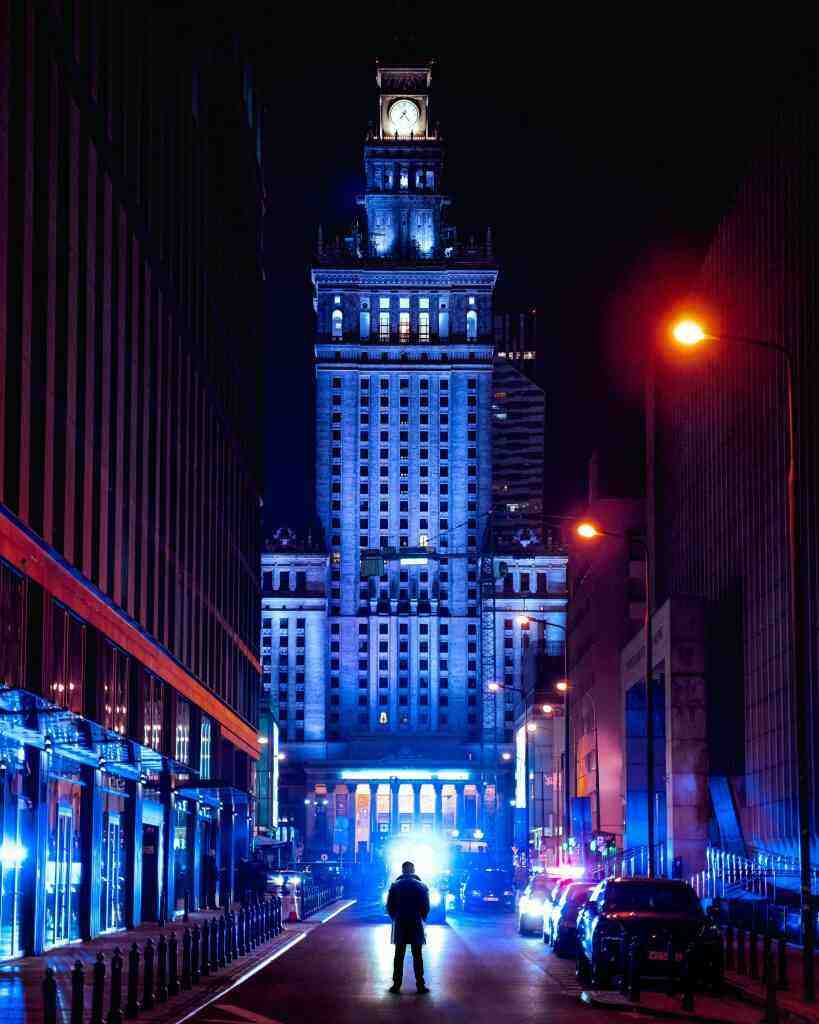“Hazbin Hotel”: A Deeper Dive into the Animated Series
In 2024, “Hazbin Hotel,” an animated comedy created by Vivienne Medrano, made its grand debut on Amazon Prime Video. The series, which garnered significant attention and praise for its unique premise and grassroots success, centers around a horde of demons suffering eternal damnation in Hell, facing periodic mass exterminations led by armies from Heaven. However, despite its initial appeal, “Hazbin Hotel” struggles to translate its intriguing concept into a coherent and cohesive narrative, resulting in a somewhat disjointed and confusing viewing experience.
Striking Visuals and Gothic Maximalism
Visually, “Hazbin Hotel” boasts impressive animation and a distinct aesthetic style, showcasing Medrano’s talent as a longtime animator. The series embraces a Gothic maximalist approach, drawing inspiration from the virtual community of DeviantArt. The character designs are captivating, featuring exaggerated features, striking color palettes, and intricate details that bring the denizens of Hell to life. The hotel itself, with its opulent décor and macabre charm, serves as a visually stunning backdrop for the story’s unfolding.
Hazbin Hotel: A Place of Rehabilitation or a Flawed Utopia?
At the heart of the story is Charlie Morningstar, the Princess of Hell, who embarks on a noble mission to establish the titular Hazbin Hotel, a sanctuary dedicated to rehabilitating wayward souls and offering them a chance at redemption and entry into Heaven. This premise, while intriguing, raises several unanswered questions and inconsistencies. The series fails to adequately address the potential conflict between Charlie’s mission and the adversarial relationship between Heaven and Hell. It remains unclear whether Heaven would accept Charlie’s converts, leaving the fate of the rehabilitated souls uncertain.
Ambiguous Cosmology and Character Motivations
“Hazbin Hotel” suffers from a lack of clarity in its world-building and character motivations. Terms like “demon” and “sinner” are used interchangeably, blurring the distinctions between different types of inhabitants in Hell. The characters’ motivations and backstories are often underdeveloped, leaving viewers with a superficial understanding of their actions and desires. The introduction of Lucifer, Charlie’s father, halfway through the season further complicates the narrative, as his dynamic with Charlie deviates from what was previously established.
Musical Numbers: Straightforward Anthems or Ironic Commentary?
The musical numbers in “Hazbin Hotel” are a mixed bag. While they showcase the vocal talents of the cast and feature catchy melodies, they often lack the irreverent or ironic edge that would elevate them beyond straightforward anthems. The occasional shift in tone, where a song suddenly becomes comedic or satirical, leaves viewers uncertain about the intended emotional response.
Conventional Morality in the Unconventional Setting of Hell
Perhaps the most perplexing aspect of “Hazbin Hotel” is its conventional, even retrograde, morality, which seems at odds with the show’s setting in Hell. The portrayal of Angel Dust, a porn star struggling with addiction and abuse, perpetuates tired tropes without offering any meaningful commentary or critique. The show’s apparent alignment with Heaven’s harsh judgment of Hell’s inhabitants further undermines the potential for a nuanced exploration of morality.
Comparison to “The Good Place” and the Need for Clarity
“Hazbin Hotel” draws comparisons to “The Good Place,” another critically acclaimed series that explored the afterlife and challenged conventional notions of morality. However, unlike “The Good Place,” which provided clear indications of a flawed system early on, “Hazbin Hotel” fails to establish a coherent framework for its world and characters. The breadcrumbs of potential philosophical critique are lost in a chaotic and contradictory atmosphere, leaving viewers confused and disengaged.
Conclusion: Potential Unfulfilled
“Hazbin Hotel” had the potential to be a groundbreaking animated series, pushing the boundaries of storytelling and challenging traditional narratives. However, the execution falls short of the initial promise. The series struggles to maintain a consistent tone, fails to fully develop its characters and world, and ultimately fails to deliver on its intriguing premise. While the animation and character designs are impressive, they cannot compensate for the lack of narrative coherence and the missed opportunities for deeper exploration of morality and the afterlife. “Hazbin Hotel” remains a visually stunning but ultimately unsatisfying experience, leaving viewers with more questions than answers.
Despite its shortcomings, “Hazbin Hotel” has garnered a loyal fan base, and Medrano has expressed her commitment to continuing the series. If future seasons can address the issues raised in this review, “Hazbin Hotel” has the potential to evolve into a truly exceptional animated series that delivers on its initial promise.
